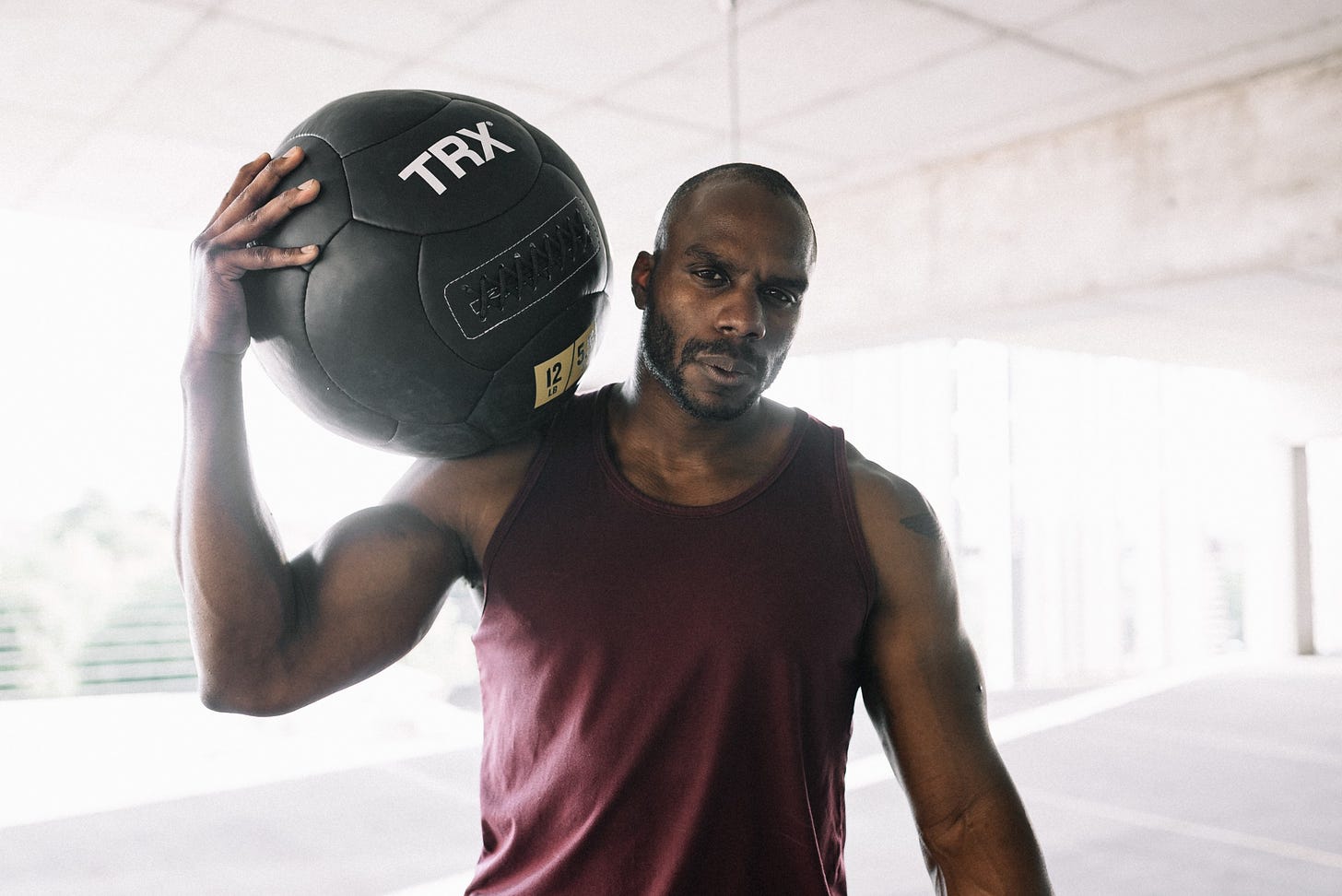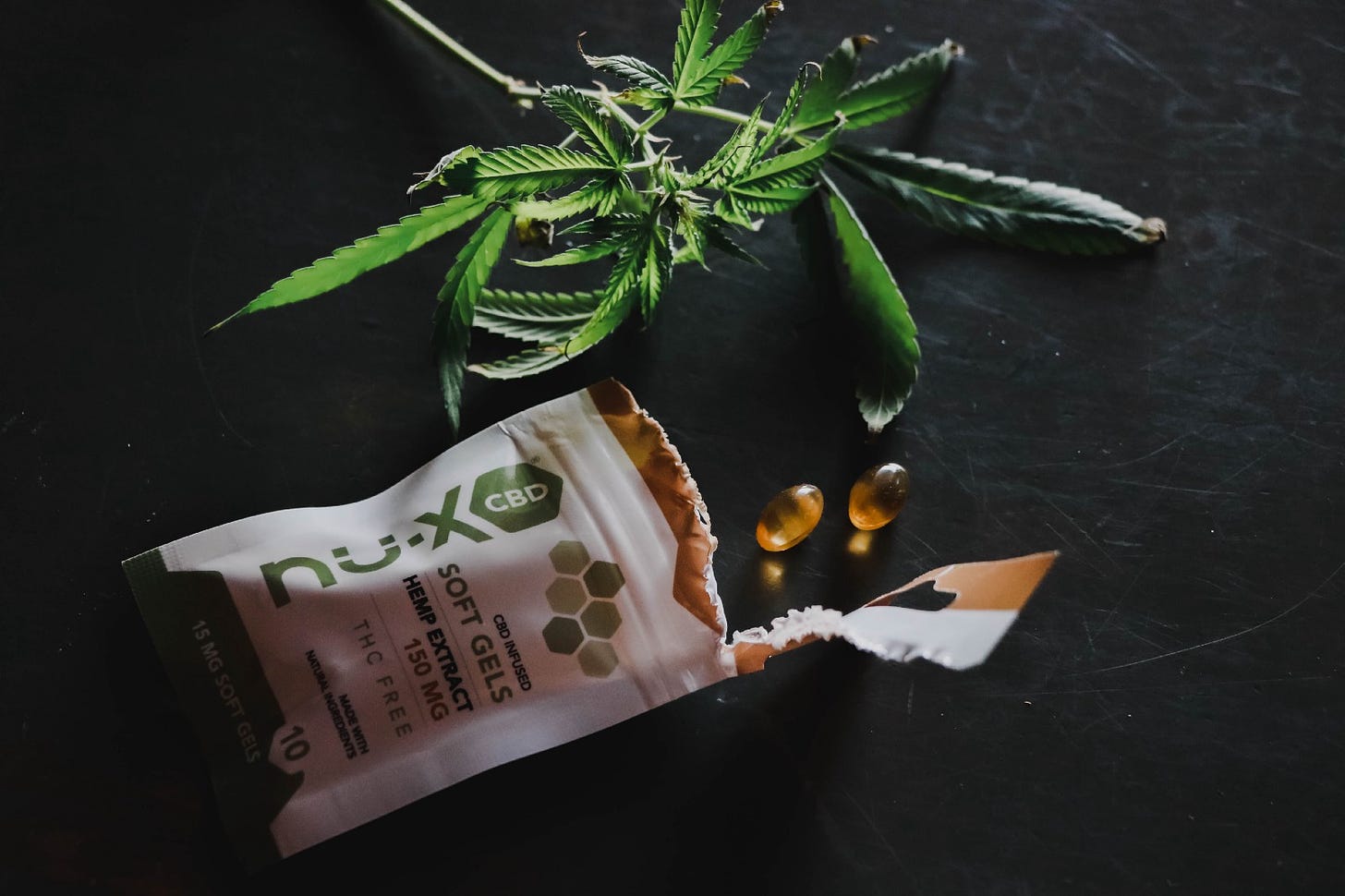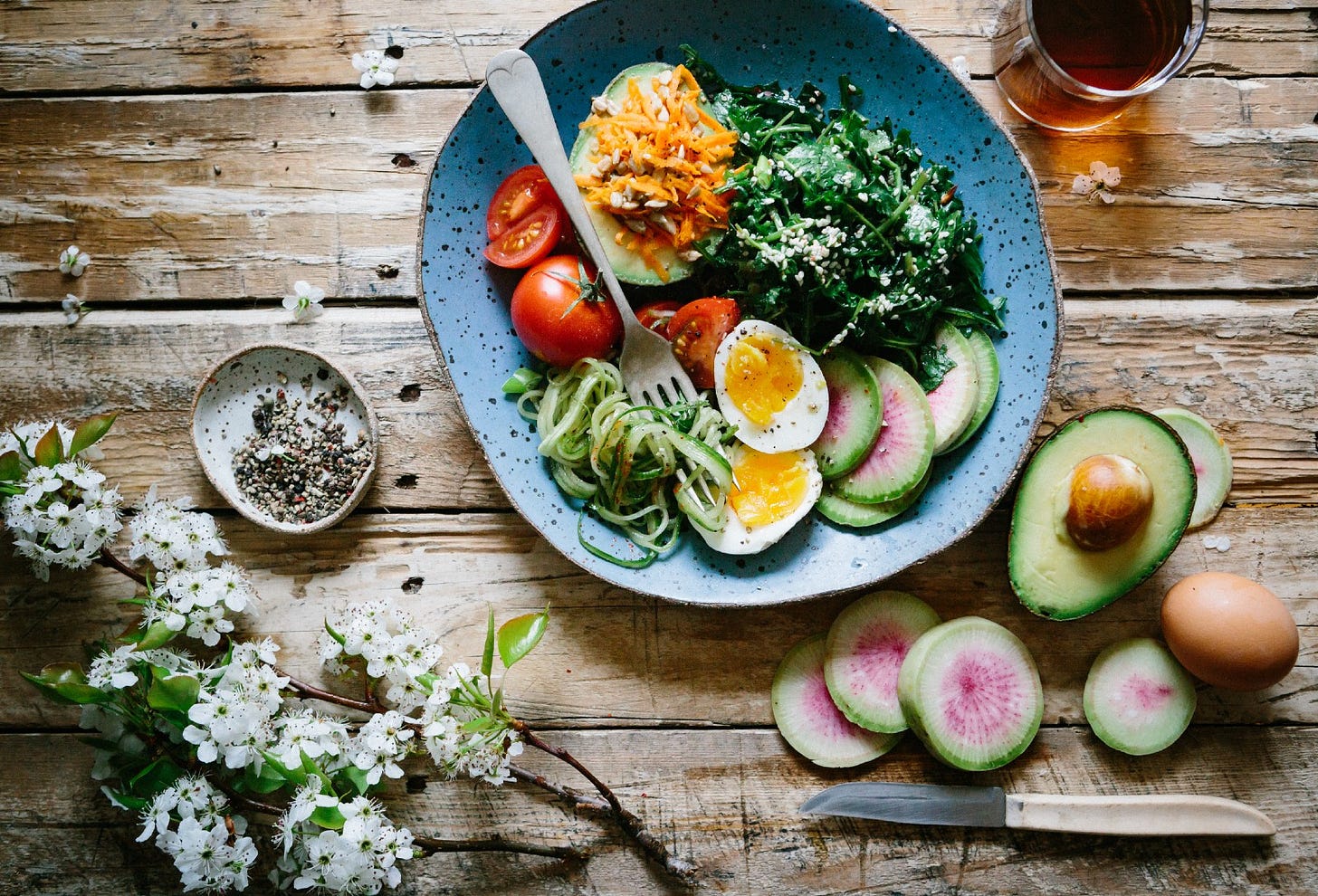To Get and Stay Fit, Here Are Four Things Not Worth Focusing On
And four things worth focusing on

The first time I stepped foot in a gym, it was as a skinny fat teenager that knew nothing about fitness. Over the years, I made a ton of mistakes and learned things the hard way.
With the internet and fitness industry rampant with misinformation or “bro-science”, it’s super easy to go down the wrong way as I did.
I want to share with y’all four things that you need to stop focusing on and four things that you need to start focusing on in your fitness routine.
Stop Focusing on These Four Things
#1. Supplements
Let me say it straight out. Supplements are worthless, well, almost worthless. You’ll have gym trainers and ripped fitness models shoving supplements up your face, claiming that they’ll revolutionize your progress.
“Supplements are worthless, well, almost worthless.”
Absolute bullsh*t. Studies have shown that more than 99% of your progress depends solely on your diet, workout, and sleep.

Supplements can only give that 1% edge. Even then, most have barely any benefits and there are only three supplements with plenty of research backing their efficacy:
Creatine is a natural substance found in red meats that can improve your strength, muscle size, and muscle recovery. Research has shown that it is safe to use and that it improves athletic performance by increasing the production of ATP. The best way to supplement Creatine is in the form of Creatine Monohydrate. The potential downside: Creatine has been shown to increase DHT and DHT has been linked to hair fall. Whether or not creatine directly causes hair fall is inconclusive as of now.
Caffeine. We all know caffeine, don’t we? The stimulant present in coffee. Caffeine has been shown to improve athletic performance and energy. I am a big fan of caffeine and use it on most days. A dosage of 200–400 mg per day is optimal for most people. Higher doses can cause dangerous side effects such as anxiety, dizziness, tremors, and in rare cases of extremely high doses, even death.
Whey Protein and Other Protein Powders. You need to consume adequate protein right? This is sometimes hard to do especially for vegans and vegetarians. This is where whey protein comes in. A scoop of whey isolate protein powder can provide around 25g of high-quality protein. Whey is derived from milk and as long as you are lactose tolerant, it is completely safe to consume. If you are vegan, you can check out vegan protein powders.
#2. Your Macros
When I got serious about fitness, I meticulously tracked my calories and macros. Sometimes, by trying to stick to the macro ratio, I would under or overshoot my calories.
With time, I’ve understood and the science shows that macros barely matter. An adequate protein and calorie intake are what actually matter.
Once you get your protein in, it barely matters whether you get your remaining calories from 40% carbs and 60% fats or 60% carbs and 40% fats.
#3. Meal Timing
I remember the good old days when I would have alarms reminding me to eat my meals and if I skipped one, I would freak out.
If in a hurry, I would gobble down the meal and more often than not, end up upsetting my stomach. But with the research showing that meal timings barely matter, I was stressing out and obsessing for nothing.
Your daily protein intake and weekly calorie intake are what matter the most. Yes, it’s okay to skip a meal, even go ham a day if you make it up the next meal or day.
#4. The Pump
For years, I chased the pump. Why? Because my favorite bodybuilders did and advised the same. Moreover, there are tons of articles on the internet on why you should chase the pump.

I remember doing 7 different exercises for biceps on “biceps” day trying to hit it from all angles and gorge it with as much blood as possible.
The pump looks and feels good so it’s natural to want to chase it. But for natural lifters, chasing the pump won’t make you big, it will only make you appear big till the pump lasts.
The pump isn’t a good indicator of muscle growth. The key to muscle and strength growth is progressive overload so you should instead focus on the weights, reps, and sets.
“Chasing the pump won’t make you big, it will only make you appear big till the pump lasts.”
Start Focusing on These Four Things
#1. Progressive Overload
The only way to gain muscle and build strength is through progressive overload — increasing the demands placed on your body with time.
The best way to achieve this is by increasing the reps and/ or the weight. Other ways are decreasing rest times, slowing down your reps, doing more sets, etc.
Track your workouts and every session, try to beat your past session. You don’t have to beat every set, beating even one set is enough.
#2. Calories
Calorie balance rules king. A calorie deficit to lose fat, a calorie surplus to gain weight. Maintenance calories to stay the same weight. It’s simple thermodynamics.

Find and set up your calorie target by using an online Total Daily Energy Expenditure (TDEE) calculator based on your fitness goals and focus on adhering to it every single day.
You can then use a calorie counter app like HealthifyMe or MyFitnessPal to track your calories.
#3. Protein Intake
The first two years or so of my fitness journey, I had no idea just how important protein was.
Except for the occasional meat and eggs, I ate like an average joe, and well, needless to say, I didn’t gain much muscle despite training hard.
Protein is the building block of muscle and to optimally build strength and muscle, studies have found a protein intake in the range of 1.5 to 1.8g/kg/day to be optimal.
So consume 1.5 to 1.8g per kg of your body weight per day for optimal muscle protein synthesis. Here’s a list of lean protein sources that you can include in your diet to meet your protein goals.
#4. Sleep
Insomnia hit my fitness regime astronomically harder than slacking on my diet or workout ever did. It showed me one thing — sleep is of paramount importance.

Research shows the same too. The effects of sleep deprivation are debilitating — affected brain functioning, increase in blood pressure, increased risk of heart diseases, disruption of hormones, weight gain, and even death.
Researchers compared the effects of 8.5 hours of sleep and 5.5 hours of sleep on muscle gain and fat loss and the results were astounding, to say the least.
The 5.5-hour group lost 60% more muscle and 55% lesser body fat than the 8.5-hour group.
So, unless you wanna gain fat, lose muscle, wreck your hormones, and feel like a walking zombie, sleep between 7 to 9 hours every night which studies have found to be optimal.
Final Thoughts
In your fitness pursuit, the fastest way to progress is by learning from your mistakes and constantly educating yourself.
Don’t blindly believe your favorite fitness model, YouTuber, or blogger’s advice. Look up the linked research papers and ascertain the truth for yourself.
For every claim I make in my fitness articles, I back it up with the research because it’s the science I trust and it’s the science that you should trust as well.



